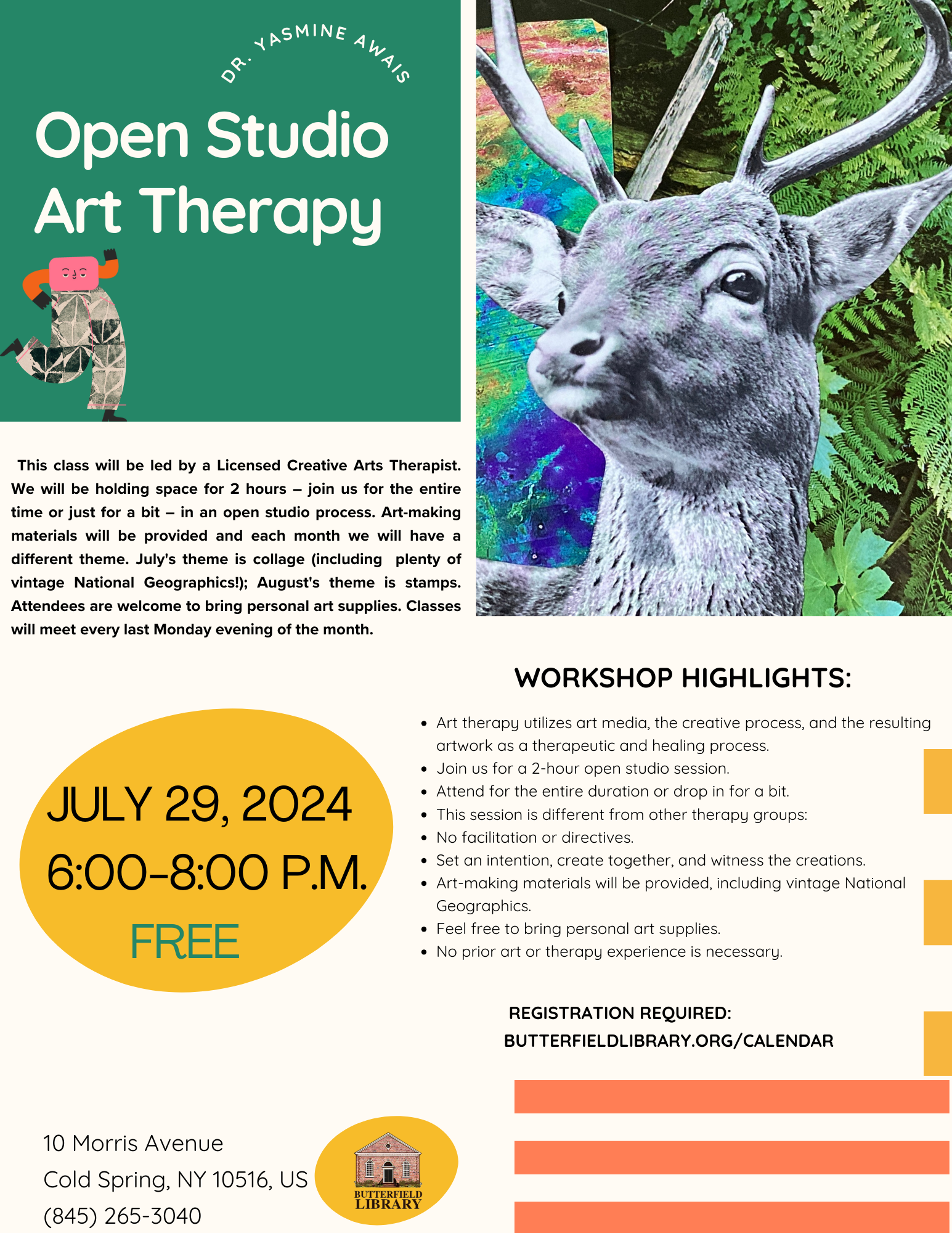Friday & Saturday, October 14 & 15, 2022; Friday, 1-3:30 p.m. (PST), Saturday, 9-11:30 a.m. (PST) | 5 CEUs
While Black, Indigenous, and people of color live with the consciousness of race in their daily lives, white clinicians have been conditioned not to grapple with their racial identity and its impact on others.
As such, therapists often perform the role of the “good therapist.” This role, intended to mark oneself as “woke,” “an ally,” and “not racist,” can be an obstacle to identifying and owning embedded racist beliefs and/or actions, thereby nullifying shame and maintaining white supremacy.
This two-part online workshop will create space, through experiential processes and dialogue, for white-identified therapists to move beyond reading books, acquiring terminology, and posting on social media toward deeper examination of their identity as racialized or ethnic beings. The facilitators will support attendees in their efforts to move from being seen as “not racist” to becoming antiracist: as therapists, supervisors, and teachers.
Following this workshop, participants will:
Identify two areas of their professional and/or personal lives in which they have experienced unearned advantage
Name three characteristics of whiteness, and identify how these have shaped their worldview and practice
Define cultural humility and name two ways in which it is distinct from cultural competence
Consider how politics influence clinical practice, and apply that knowledge in describing how therapeutic neutrality serves to maintain white supremacy
Commit to three ways they might name or resist racist beliefs and/or actions in their professional practice settings




![Beyond the “Good White Therapist”: A Workshop for White-Identified Clinicians [Online]](https://images.squarespace-cdn.com/content/v1/5b1c94212487fdd23cf37df7/1661635650515-6QATL64NDFHJNRJ4U047/Beyond-the-GWT-IG-Image.png)







